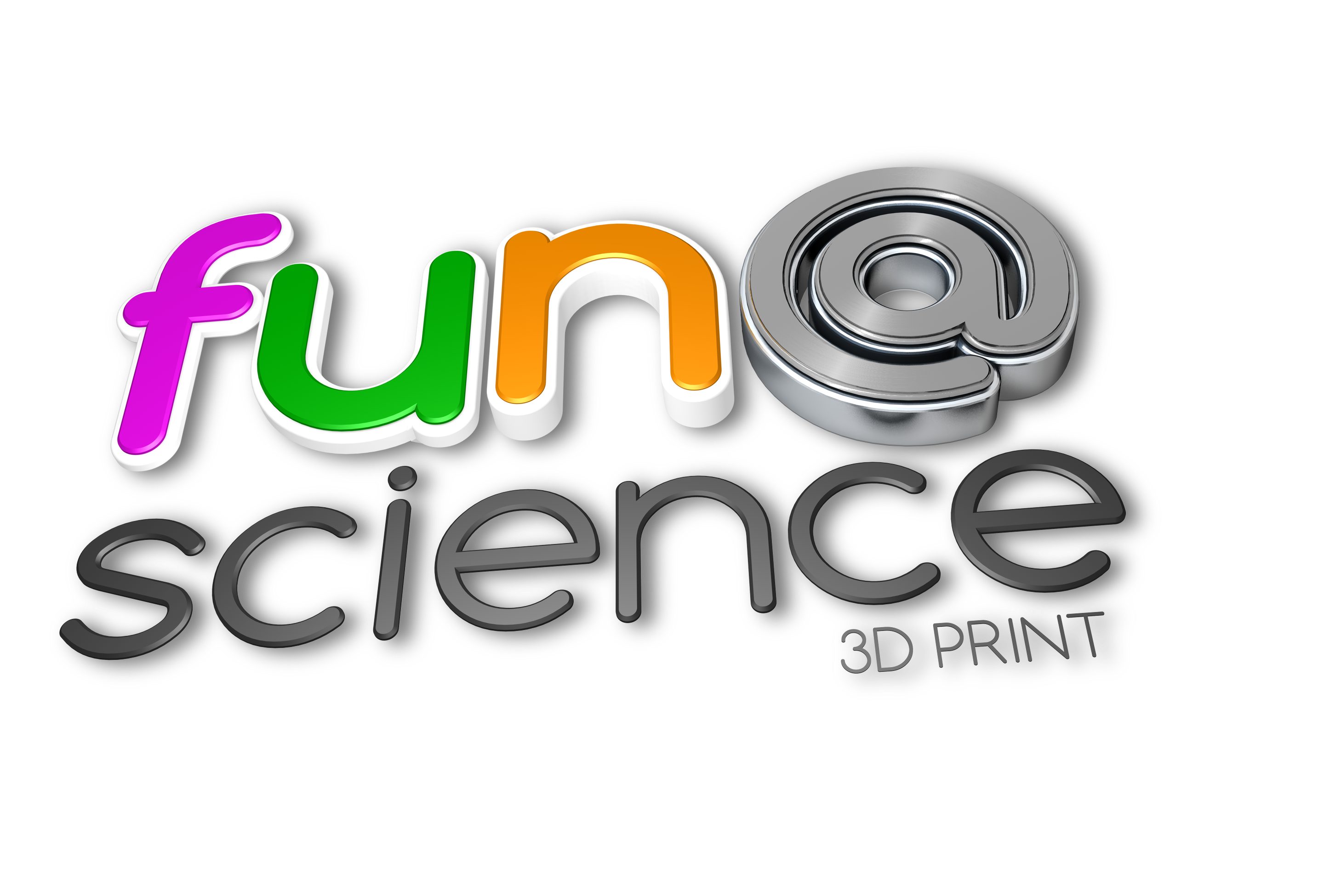Project description
3DP printing technology has already made its way into big industry, business, medicine, consumer and many other sectors. It is also more widely used in schools all over the word. The reason is that this technology has the potential to grab students’ interests, to motivate them to learn STEM subjects, and what’s most important it is the space where fun and science meet to produce some outstanding results and unleash creativity. However, the potential of this technology has not yet been fully recognised by education authorities and policy makes in EU, and for that reason the importance of projects alike cannot be overestimated.
The main aim of the project is to develop and test a model for science education, working on all school levels, based on valorisation of 3D printing technologies and experiences. The implementation of this model will create learning experiences supported by 3D printing activities at schools which can improve student’s interest in scientific careers and develop their creativity and digital skills. The project is addressed to students and teachers as well as representatives of public bodies and educational institutions.
To achieve this, the following results will be produced:
- Collection and analysis of interesting practices in at least 5 European Member States about science education in curricular activities with reference to 3D printing activities;
- Peer learning experiences (Study circles) for teachers and trainers to share and acquire the competences for designing, implementing and validating the model in their school contexts;
- Elaboration of a proposal for building a global education model incorporating informal 3DP based activities in school curricula. The document will have a strategic nature, addressing political authorities in charge of school education and training in the school system at regional and national level;
- Website including all didactic materials and results produced within the project as well as a collection of open educational resources and some additional functionalities to support the implementation of FUN@SCIENCE model.
Project website: fun-and-science.erasmus.site
Partners
Agrupamento de Escolas Emidio Navarro– Almada, Portugal (Project coordinator)
Creative YouthLand (CYOUland)– Egio, Greece
Danmar Computers, – Rzeszów, Poland
MADAN PARQUE– Caparica, Portugal
Evropská rozvojová agentura,– Praha, Czech Republic
Direzione Didattica III Circolo Perugia. – Perugia, Italy
UNIVERSITA DEGLI STUDI DI PERUGIA– Perugia, Italy
TIBER UMBRIA COMETT EDUCATION PROGRAMME – Perugia, Italy


